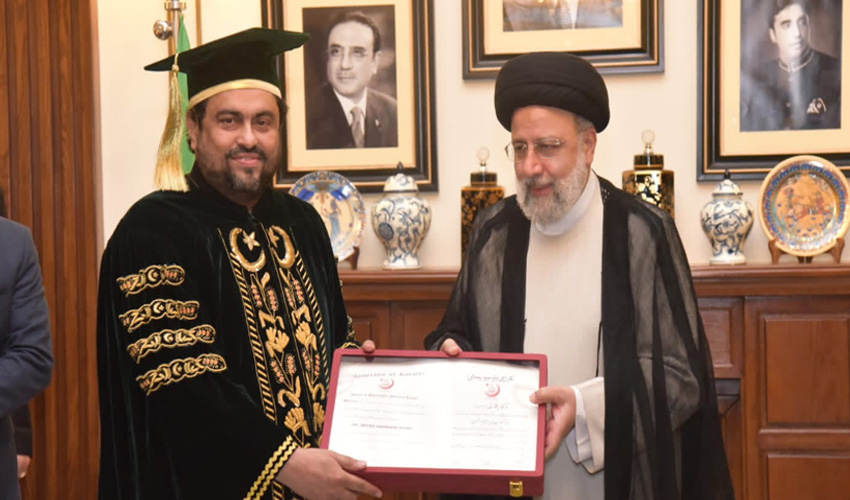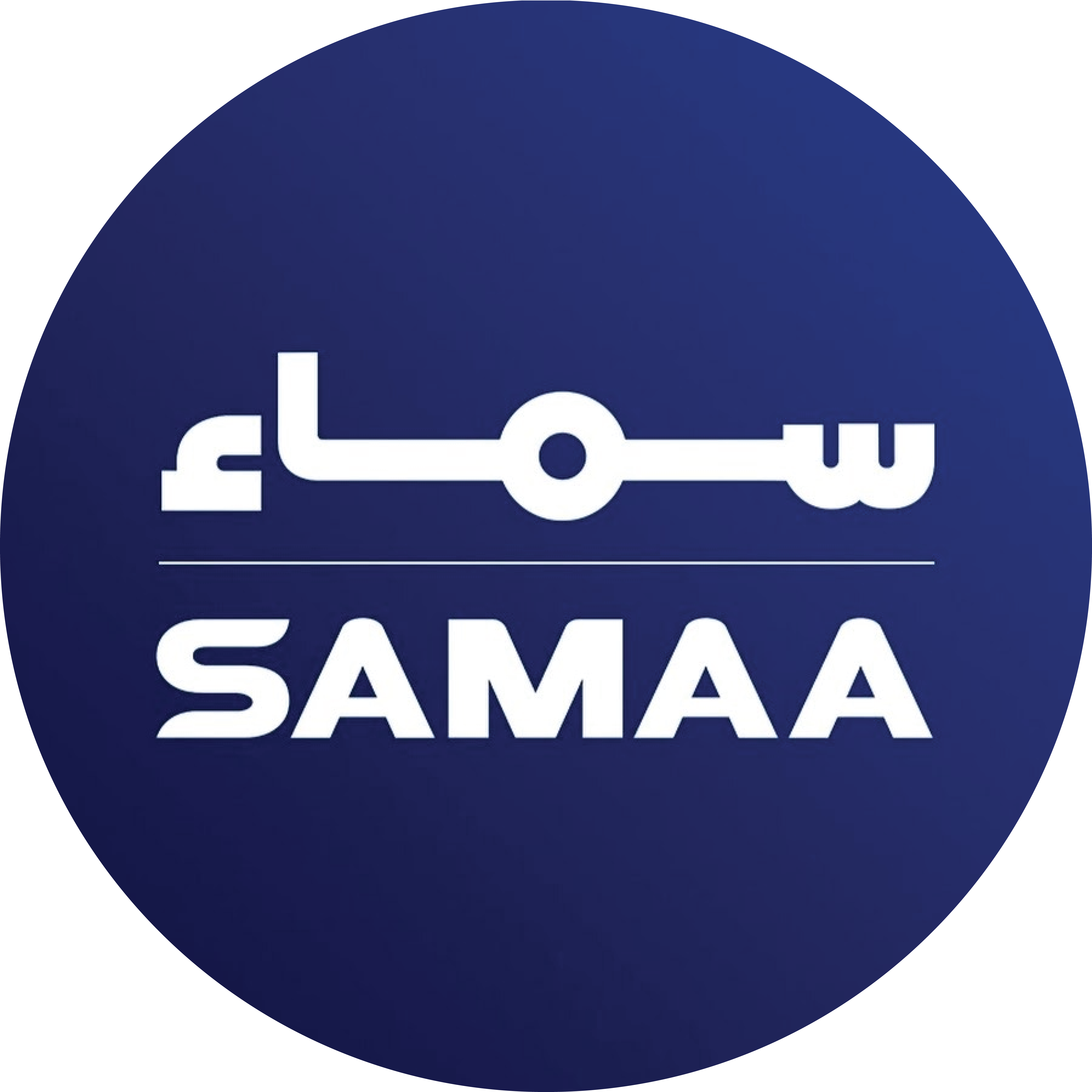Iran's President Raisi awarded honorary doctorate by University of Karachi
Governor Tessori extends invitation to Iranian investors, extolling conducive environment for investment in Sindh
Governor Tessori extends invitation to Iranian investors, extolling conducive environment for investment in Sindh
Both teams to play the five-match T20I series with the first game taking place on April 26
Announces to form new special force to protect Chinese nationals
Iran's First Lady spends busy lady in cultural heart of Pakistan, Lahore
UK maintains its position as a prominent investor
Military's media wing says huge cache of arms, ammunition and explosives also recovered during op.
Also seeks update about project from government spokesperson
Muhammad Abdullah to lead the team for mega tournament
Of 35, 7 awardees were conferred with Sitara-i-Imtiaz, 15 President’s Awards for Pride of Performance, and 13 Tamgha-i-Imtiaz
Governor Tessori extends invitation to Iranian investors, extolling conducive environment for investment in Sindh
A draft of the proposals will be prepared and submitted to the SC
Implementing reporting standards 18 has its challenges, but offers long-term benefits
Visitors were offered exclusive opportunity to explore groundbreaking advancements
Report says Indian state abused laws against minorities; instances of rapes, attacks on places of worship persisted
YMCA Lahore announced honorary membership for four athletes
UK maintains its position as a prominent investor
Both teams to play the five-match T20I series with the first game taking place on April 26
Kate Middleton's talent behind the lens has been a source of admiration over years
Visitors were offered exclusive opportunity to explore groundbreaking advancements
Anxiety about alleged Chinese spying has mounted across Western Europe in recent months.
Doctor says habit of eating outside rather than home-cooked meals has also affected children's health
Study discovers that sound coming from a disturbed plant could be heard over a meter away
Implementing reporting standards 18 has its challenges, but offers long-term benefits

